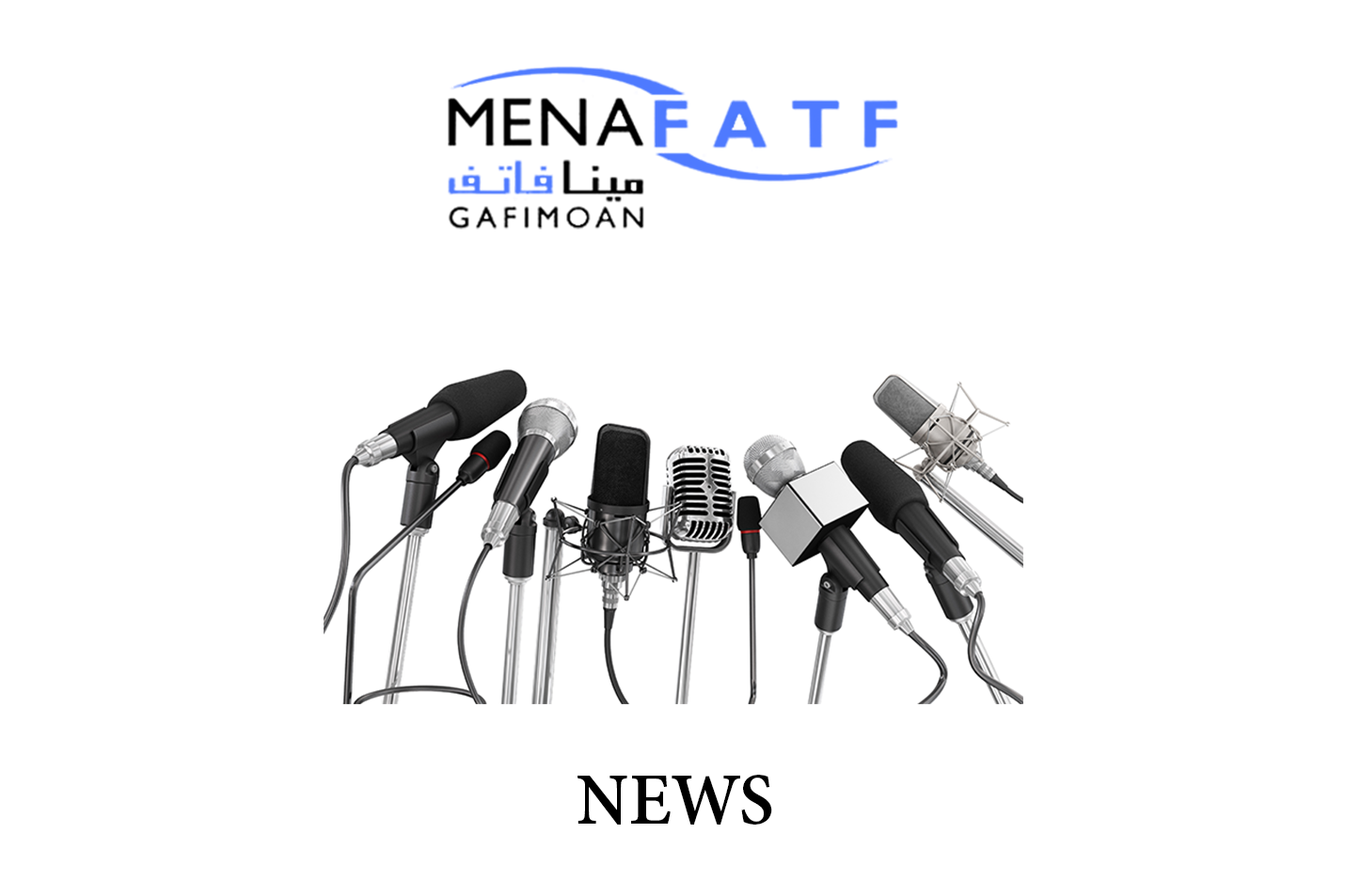This morning, Tuesday, 16 November 2021, and over two days, the works of the Middle East and North Africa Financial Action Task Force (“MENAFATF”) 33rd Plenary, which is being held in Cairo, the Arab Republic of Egypt, was inaugurated under the chairmanship of His Excellency Counselor/ Ahmed Saeed Hussein Khalil – MENAFATF President, Vice-President of the Court of Cassation and Chairman of the Board of Trustees of the Egyptian Anti-Money Laundering and Terrorist Financing Unit (“EMLCU”).
These meetings come within the framework of strengthening and unifying regional and international efforts in the Middle East and North Africa to combat money laundering, terrorist financing and proliferation in order to protect the economic, social and political systems from the risks of such crimes.
The meeting witnesses the attendance of the heads of delegations and experts in anti-money laundering and terrorist financing (“AML/CFT”) from member countries, in addition to experts from the observer countries and the international bodies concerned with AML/CFT and proliferation, under the leadership of the Financial Action Task Force (“FATF”).
It is worth noting that the current Plenary was preceded by a number of MENAFATF’s working groups’ meetings “virtual meetings” during the period from 07 to 11 November 2021, which included the 38th meeting of the Mutual Evaluation Working Group (“MEWG”), the 32nd meeting of the Technical Assistance and Typologies Working Group (“TATWG”), and the 31st meeting of the Financial intelligence Units (“FIUs”) Forum, and the 13th meeting of the Risk Committee (“RC”).
Over the course of two days, the Plenary will discuss a number of topics on its agenda, the most important of which are: The MENAFATF’s strategic plan for 2022-2024; The discussion and adoption of the 3rd Enhanced Follow-Up Report (“EFUR”) of the Islamic Republic of Mauritania; The 1st EFUR of the United Arab Emirates, which included a Technical Compliance re-rating request for some recommendations; The two EFURs of the Kingdom of Morocco and the Republic of Tunisia which will be discussed and approved without a Technical Compliance re-rating request, as the reports of each country will clarify the efforts exerted in the course of addressing the shortcomings during the implementation of the recommended actions contained in their reports; Adoption of the timetable for both, the Mutual Evaluation under the second round and the Follow-Up process under the first round, as well as the timetable for the Follow-Up process under the second round.
In the same context, the Plenary will discuss a number of topics related to Technical Assistance and Typologies, as it will discuss and adopt the periodic typologies report for 2020, in addition, the Plenary will review a number of other topics, the plan of training programs and webinars for 2022, and other future projects.
On the other hand, the Plenary will address the MENAFATF’s relationship with international and regional bodies and organizations working in the field of AML/CFT, as well as the then-current cooperation therewith, including with the FATF.

